Randonautica — an Android app which claims it will get you off your couch and into the world of quantum-generated, serendipitous randomness by sending you to a random coordinate from the multiverse — has turned ordinary neighborhoods across America into repositories of mystery. Imagine walking the same streets, driving the same roads, visiting the same places day after day for years — and then an algorithm throws a bit of pure chaos right in there: dead ends, abandoned buildings or even hidden art installations.
The quantum rabbit hole explained
The app works on a mix of actual science and gut-wrenching wishful thinking. Users enter an "intention" — love, mystery, fear or whatever they feel is leading their curiosity — and then the app calibrates to real quantum random number generators (including one at the Australian National University) to generate coordinates within a selected radius of that intention. Three types of locations are identified: "Attractors" where quantum points gather closely, "Voids" with a sparse distribution, and "Anomalies" depicting the most statistically unusual distributions. This isn't glorified coin-flipping. This quantum component delivers true randomness that ordinary computer algorithms cannot—though the app's pronouncements about consciousness affecting reality veer into pseudoscience. Once coordinates are created, users can preview locations on Google Maps to decide the physical or digital path to follow.
When randomness turns sinister
Randonautica made headlines for its darker finds. Users have documented finding human remains, stumbling onto crime scenes and other situations that required police intervention. The best-known incident was in June 2020 when teenagers in Seattle used the app to guide them, and the coordinates directed them to a suitcase containing dismembered bodies — a coincidence that brought Randonautica into broader awareness, along with some safety concerns. In addition to horrifying extremes, the app leads users WAY off course and encourages trespassing on private property such as construction zones, abandoned buildings, and other restricted areas. User reports often include coordinates in the middle of lakes, on highway medians or throughout industrial areas under "No Trespassing" signs. The app is upfront about these dangers but then puts all the burden of judgment on users.
The social media amplification effect
TikTok turned Randonautica from obscure experiment into viral craze, with the #randonautica hashtag garnering more than 176 million views. The platform's algorithm encourages sensationalist material: People go to dangerous places or exaggerate quaint finds for clickbait. That creates a feedback loop in which the worst parts of the app — dangerous exploration and sensational storytelling — get rewarded with the most exposure. The app has its own social feed, called "Discover," where users share trip reports, photos and so-called synchronicities. It was designed as community building, but ends up being the equivalent of an arms race toward increasingly more bad-ass adventures as users vie for attention.
Technical limitations and frustrations
Beyond issues of safety, Randonautica's technical problems persist. Servers constantly crash, especially during times with the most traffic. The app's economy runs on digital coins that users say disappear for no good reason, and often requires repurchasing basic services several times over. Premium offerings, such as "Skip Water," run $0.99 but may not provide useful coordinates. The recently overhauled interface has been met with complaints from users regarding limited functionality and lack of easy navigation. A lot of places in the app rely on paid functionality to avoid things like obvious water or private property and so the "free" part kind of just starts to feel artificial.
Reality versus mysticism
Physicists have derided the app's claims of influencing consciousness as "utterly ridiculous," suggesting that quantum randomness is not influenced by human thought. The real science — quantum random number generation — is wrapped in New Age mysticism about "probability tunnels" and "manifesting reality" that attracts users who want spiritual experience but misleads them about how quantum mechanics actually works. Randonautica achieves something, however: It turns attention to the environment with greater alertness of mind, perpetuating a bias that makes otherwise mundane objects feel fateful. While meaning finding will occur virtually wherever illusion is engaged, those primed to perceive meaning that want to encounter it may be directly responsible for many reported "synchronicities."
Who ventures into the void
Randonautica draws in urban explorers, bored teenagers, conspiracy theorists and anyone else desperate for adventure during the pandemic. The app is for people who like mild risk taking with a group of friends during the daytime in areas they know. It completely falls flat for more serious users who are doing legitimate spiritual search… or for idiots who type in coordinates without taking any safety measures. But despite valid worries about safety and pseudoscience, Randonautica ultimately works as a digital icebreaker for exploring strange new worlds. Handled responsibly — scoping out spots in advance, going in groups, respecting private property — this can uncover neighborhood secrets and snap us out of routine autopilot. Just bear in mind that the rules of quantum mechanics are unlikely to protect anyone from breaking-and-entering charges or real-life peril.


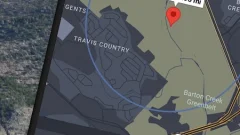
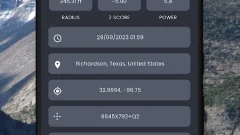
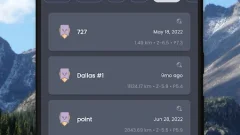
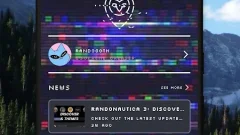
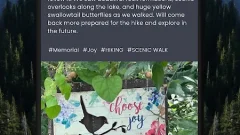
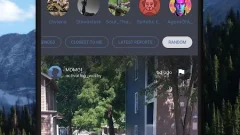








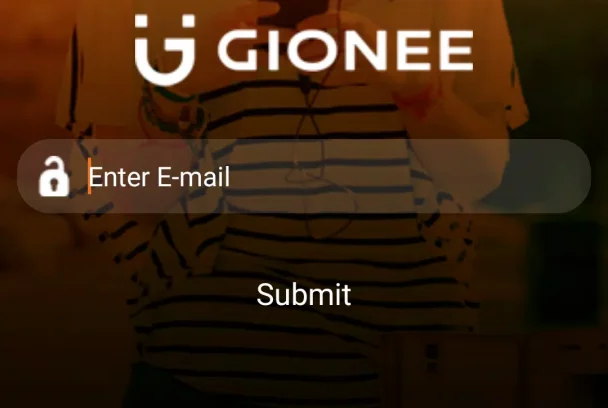

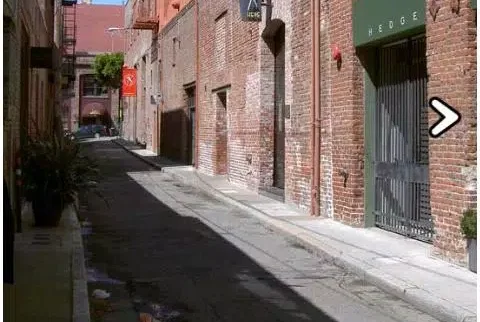

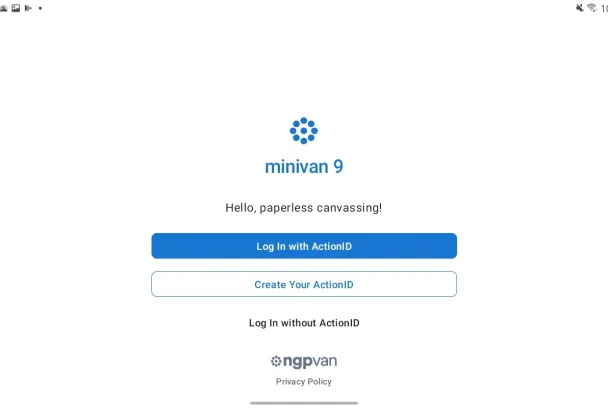


No comments yet :(